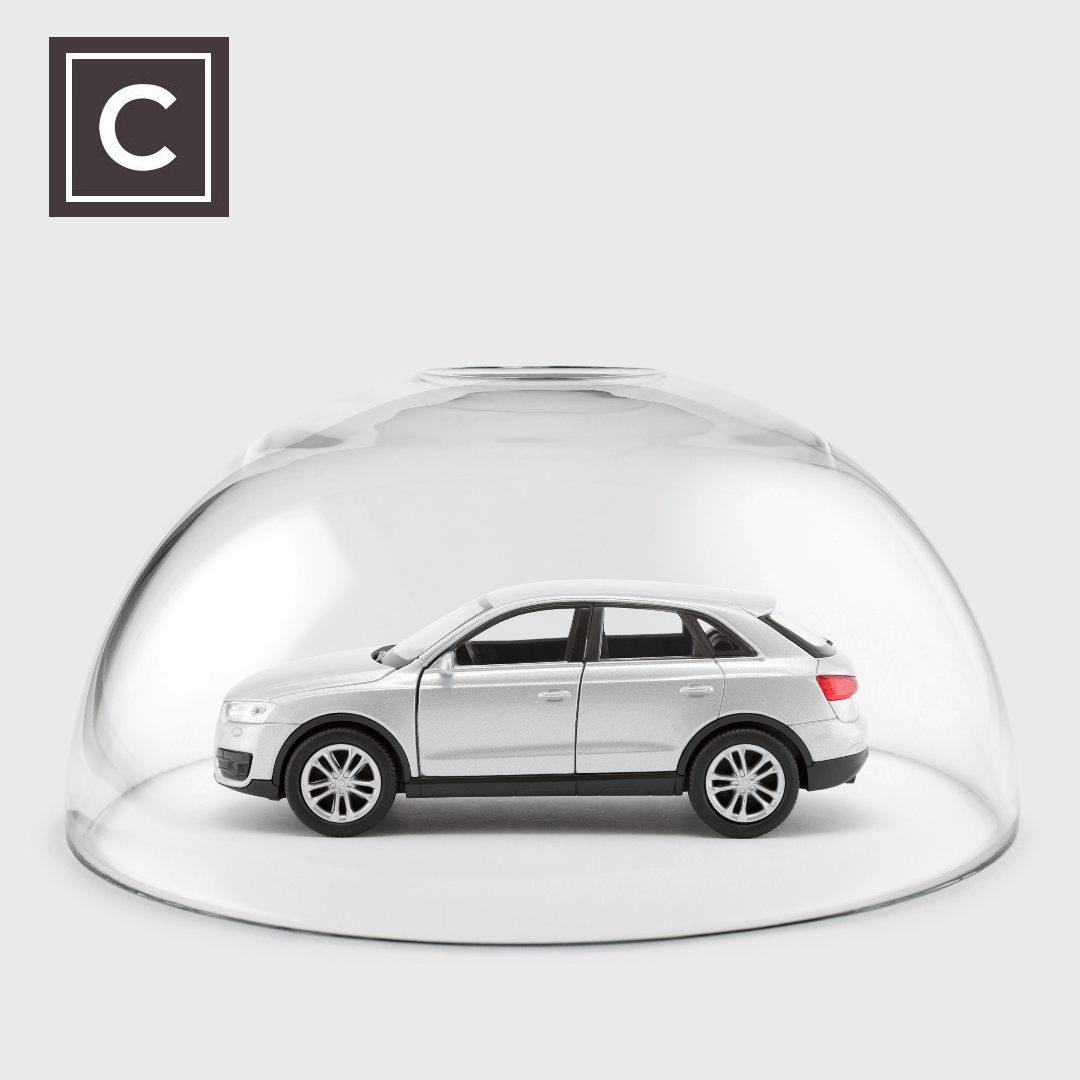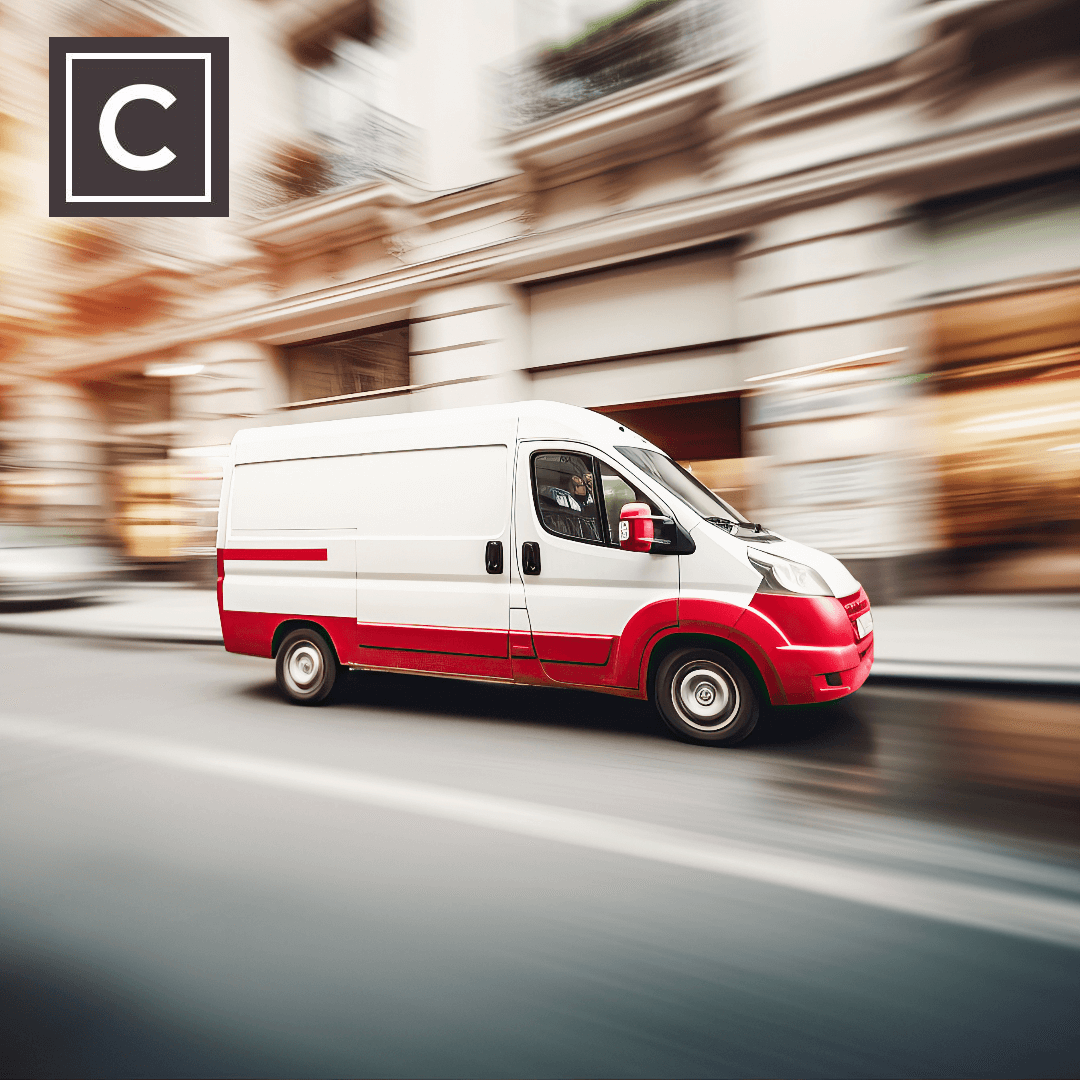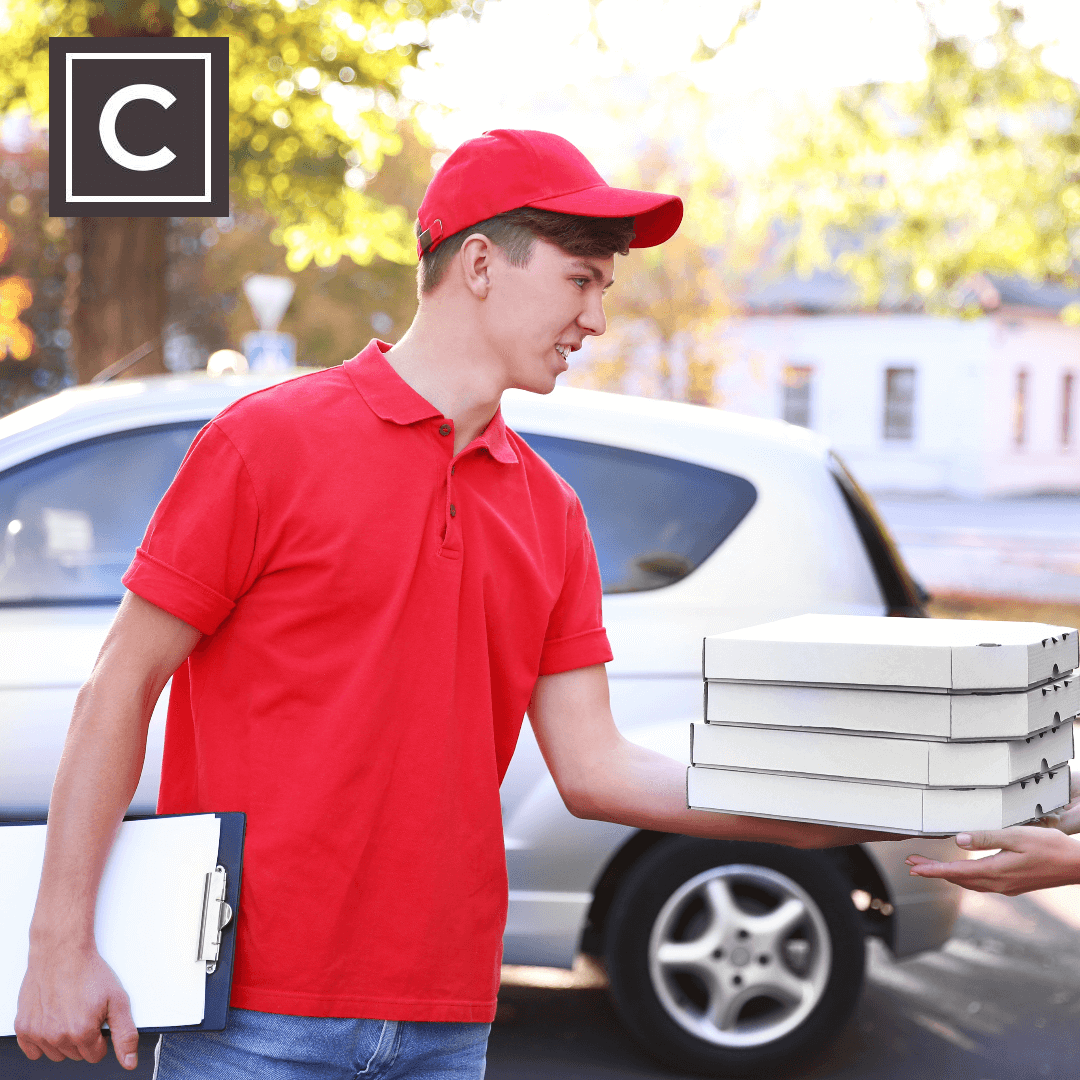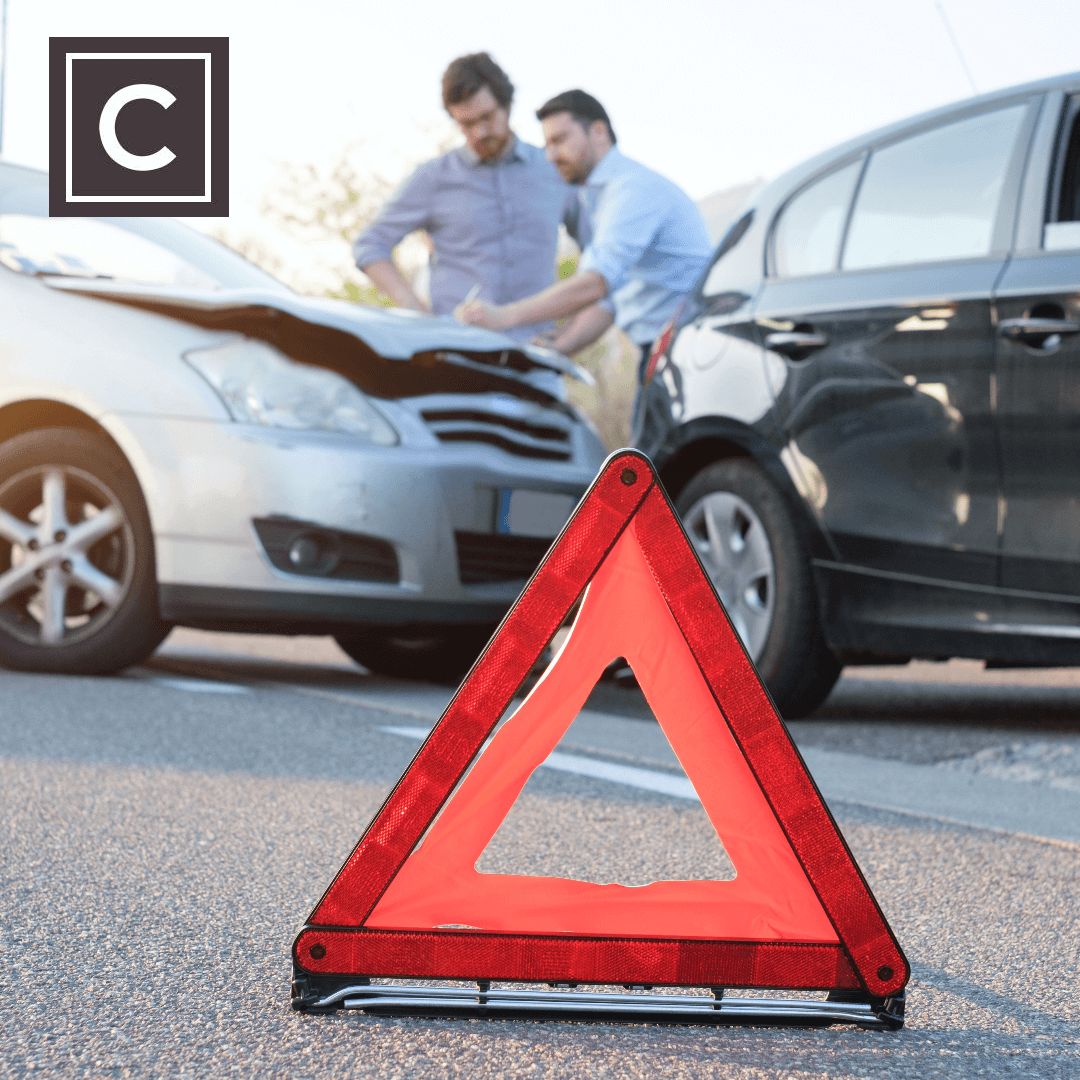Are Your Food Deliveries Properly Insured? A Must-Read Guide
Posted by Emily on 6th Sep 2023 Reading Time:
In the bustling world of food delivery, there's a growing concern that many businesses might not have adequate insurance coverage. If an accident happens, not only could your business be on the hook for compensation, but you could also face criminal charges. Cutting corners by not insuring drivers - often young and inexperienced - is inexcusable and illegal.
Understanding Vehicle Insurance
Most business owners get insurance for their own delivery vehicles. But, if you're using self-employed drivers or contractors, their standard insurance may not be valid for your deliveries. The world of motor insurance can be a minefield, with conflicting advice about the right kind of coverage - Business Use or Hire & Reward.
Business Use Insurance: When Is It Suitable?
If your business employs drivers directly, the vehicle, the food, and the courier are all under the umbrella of your company. In such cases, Business Use insurance is usually sufficient. This type of cover includes multiple workplace journeys, commuting, and transporting your own goods. Simply put, if you own the food and employ the driver directly, Business Use is your go-to option.
Hire & Reward: The Other Side of the Coin
Hire & Reward insurance is designed for those who carry other people's goods for payment. This is essential for courier services, taxi drivers, and similar professions. For example, Amazon delivery drivers use Hire & Reward insurance because the parcels in their vans belong to Amazon, not to them.
If you're contracting drivers (i.e., they're not your employees), or if they are transporting items in return for payment, then Hire & Reward is the insurance you need. The complexities arise when drivers work for multiple companies or when you're delivering items for another business. In such instances, Hire & Reward insurance becomes essential.
Whose Responsibility Is It Anyway?
Contrary to what some business operators think, it's not just the driver's responsibility to be insured. Legally, the business must ensure that all drivers, including owner-drivers, have appropriate insurance. Failure to do so could result in legal repercussions and financial liabilities, potentially causing harm to your brand and even leading to business closure.
So, if you're using contracted drivers, don't just take their word for it; make sure they have adequate insurance. Your responsibility doesn't end at your own vehicle; it extends to anyone you contract for deliveries.
Additional Cover: Employer's Liability and Public Liability
Lastly, inform your Employer's Liability insurer that your business involves food delivery. This is crucial as omission could void your policy. Also, consider bolstering your Public Liability insurance. It's your safeguard for any employee injuries during deliveries, for which you could be held accountable.
In summary, having the right insurance isn't just a box to tick; it's a legal necessity that safeguards your business, your employees, and your peace of mind. So, talk to your insurance provider today to make sure you're fully covered.





